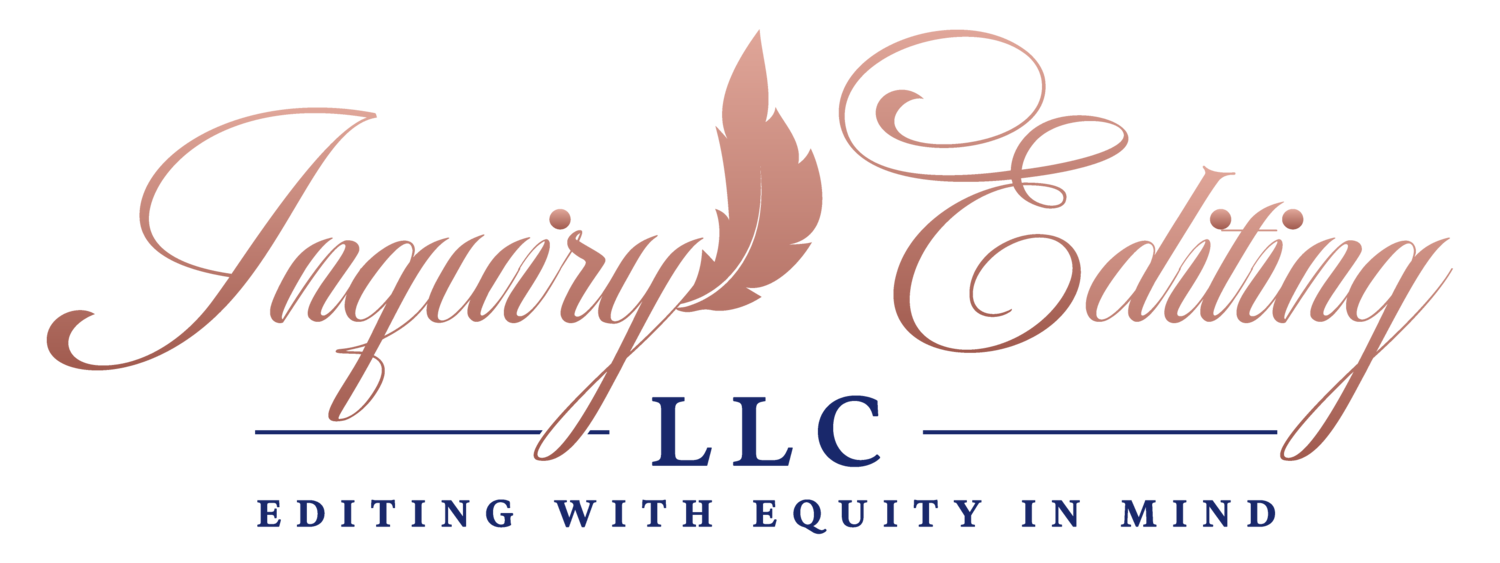Mental Exercise: Divide
One of the biggest hurdles to long writing projects is the mental game. I want to spend a few weeks talking about a few of the mental exercises that help me get through longer projects.
This week, I’d like to talk about one of the biggest hurdles for me. Long term projects are difficult because of the “long-term.” They seem to be incredibly daunting when you examine them too closely: OMG, a book! A multi-year grant! A trilogy! I don’t know about you but I kind of can’t help myself. I keep looking at them rather closely.
The problem is this: when we focus on the largeness of the project, the tasks feel overwhelming, and you don’t quite know where to start.
I like to parse these two questions. Let’s start with the overwhelming bit. I take a tip from the publishing industry, specifically magazines. In a magazine office, say one that has monthly issues, there is a large, year-long calendar that plans the projects in advance. This allows everyone to know what their deadlines are in advance: articles, advertisements, copy-editing, photography, and fact-checking are all on a schedule. There are a lot of moving parts. Stay with me if you’re growing more anxious reading this. The magazine schedule is quite like our schedule for large projects. We know what the moving parts are. (If we don’t, we ask someone who has recently been through the experience or who can calmly help you talk it through.) If we take the time to write a to-do list for each project, then we get a sense of what needs doing.
For instance, I am currently hard at work on a new collection of poems. This requires a learning curve that has multiple moving projects including the following tasks: find grant money, go to workshops/conferences, read widely, and write diligently. These are the tasks as far as I know. I can only list mini-projects and tasks out as much as I know. I have to trust that the process will reveal itself to me when necessary. If I get stuck on finding grant money, then I’ll call the college’s grant office. If I get stuck at workshops or feel stymied by the feedback, I contact someone I know. If I don’t understand what I read, I research. If I get stuck in the writing, I return to it. If – at any point – I don’t know what to do next, I research the process by asking people and, sometimes, I go a-googling.
I parse this part of planning from prioritizing because I simply cannot do both. I need to know what the projects are before I decide what gets done first. (If you’re looking for information on prioritizing, I covered that in this blog post.)
Planning what needs doing provides some degree of order to the chaos. So, every time you are tempted to think about the largeness of the project, you can remind yourself, “I have stared into that void and won.” You can remind yourself, “I’ll check in with the large project after I do the small tasks I’ve set for myself. I am making progress this way.”
